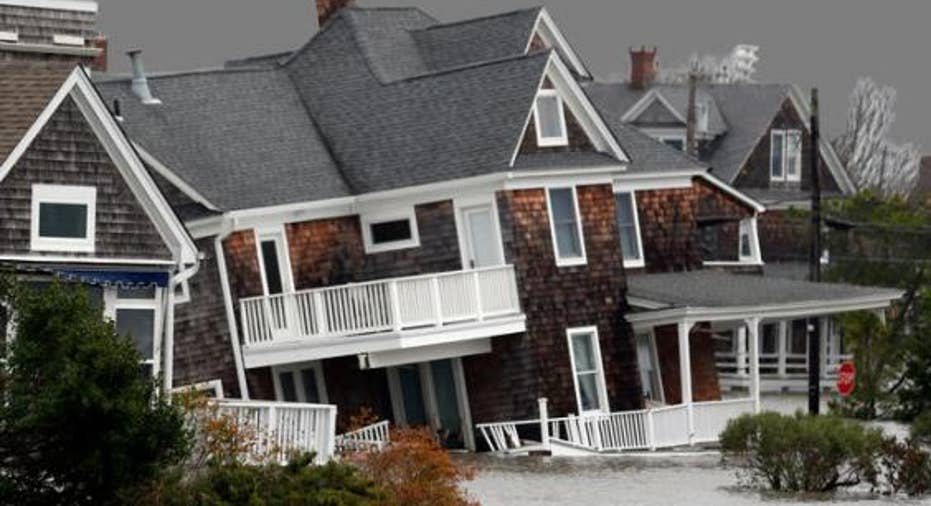Sandy Aftermath: How To File A Homeowners Insurance Claim

For some homeowners in the path of Sandy, the real trouble is just starting. Filing a homeowner claim and negotiating a settlement can be tough. Remember, a plain vanilla homeowner's policy won't cover damage from flooding, For that; you'll probably have to pay extra for a policy from the feds.
I have more on that in a minute, but here are the steps homeowners should take right now to prepare a claim.
Job number one: find your policy. It’s no small feat, I know. This may require some digging and a flashlight. Scan the declarations page to find out if you have to pay a hurricane deductible, which typically runs $500 to $1000, or as much as 2%-5% of the insured value of the home (not the home's market value).
Hurricane deductibles are allowed by law in most of the states hit by sandy. States like: Connecticut, Delaware, Maryland, Massachusetts, New Jersey, New York, Rhode Island and the Carolinas.
Scan your policy for "anti-concurrent causation clauses". Basically, this means if you have damage from multiple causes, such as wind and flooding, but you aren't covered for both, you may have difficulty getting any coverage at all.
Number two: take pictures of your home and the damage, or better yet, videotape your house. With so many people in trouble, it may take weeks for adjustors to get to your house. You need proof of your damages, so don't make major repairs until an adjustor can come in.
Next, contact your agent and file your claim as quickly as you can. Early filers can have a better chance of getting a settlement. Federal flood insurance usually has a 60-day deadline, but that may be extended.
And finally, if you can't live in your house because there's a tree through the roof, most policies will pay for a hotel room, but not if you're just out of power, or if you’re flooded.
Keep receipts, naturally for both hotel stays and any repairs. One word of warning- if your problem is water, consider hiring an emergency service like Servpro or Belfor to dry things out with fans and other special equipment. Drying out your house is critical to preventing the growth of mold- the effects of which can be just as devastating as a storm.
Also, watch what you say to your agent. It can come back to haunt you. Don't describe what you think is the cause of the damage. Those statements could be used to deny your claim later. Simply describe the scene and what you plan to buy to temporarily fix the problem, like plywood to fix a broken window.
Look, for many people, most of their damage is from flooding. For that you typically need a federally backed flood insurance policy, though some private insurers are underwriting flood risks. The limits of the federal policies are typically low, and you have to have purchased them 30 days before a Sandy hits to get coverage.
However, your regular homeowner’s policy may cover damage from the failure of a sump pump.
Finally keep the faith. This too shall pass. Eventually.



















